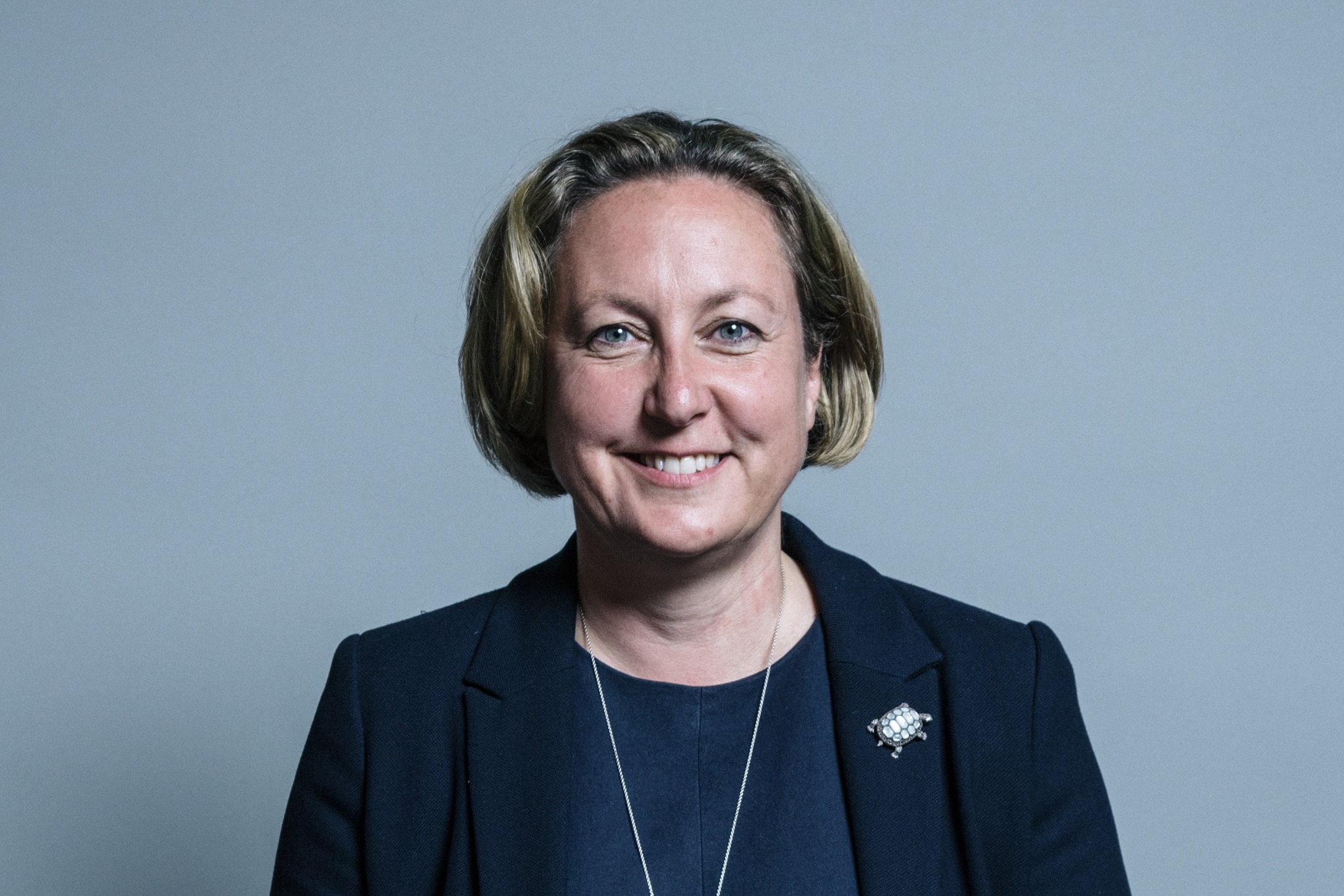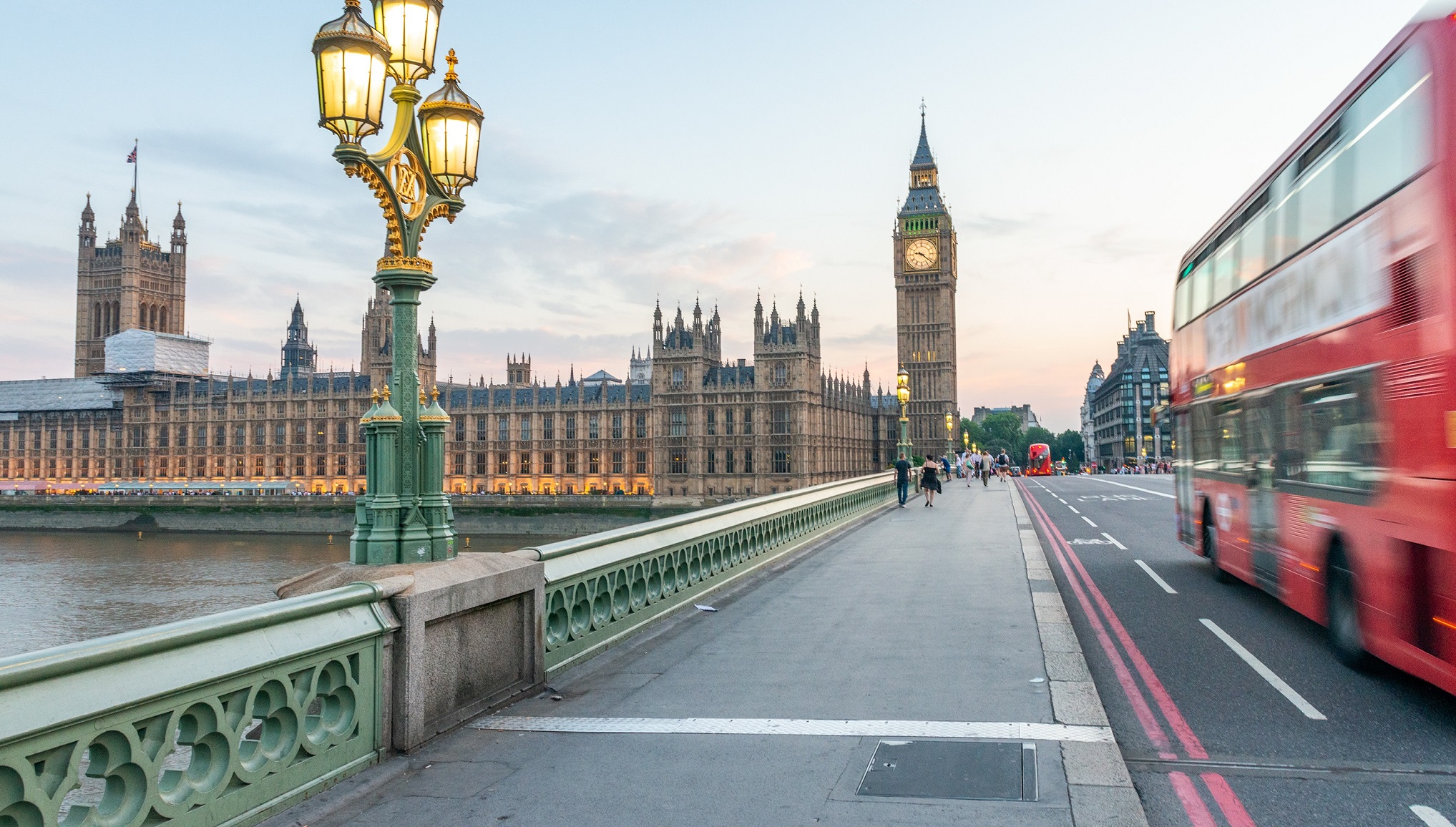The appointment of Liz Truss as the leader of the Conservative party and our new Prime Minister will, of course, be overshadowed by the death of Her Majesty Queen Elizabeth II, and rightly so. This is a huge moment in the history of the UK.
Whatever views one may hold about the institution of the monarchy, one surely cannot have had anything other than the greatest of respect and admiration for the Queen herself, whose sense of service is an example beyond measure. It is said that nobody is replaceable, but I have a strong sense that this rule will not apply to the Queen. A truly remarkable person who is a role model for us all.
Is experience lacking among newcomers to DfT?
As the country enters a period of national mourning, the normal cut and thrust of politics will rightly be suspended, with parliamentary business also suspended until after the funeral. Normal politics will return, gradually at least, but I suspect that politicians’ behaviour in the Commons chamber will remain more muted for a while as they recognise the enormity of events, and that the public mood will remain sombre for some time.
In the circumstances, I am reluctant to turn my mind to mundane political events and policy developments, but I feel I must. We have a new Secretary of State for Transport in Anne-Marie Trevelyan (MP for Berwick-upon-Tweed; pictured, above) and two new Ministers of State in Lucy Frazer (South East Cambridgeshire) and Kevin Foster (Torbay). All three became MPs at the 2015 general election, so will doubtless feel some kind of bond.
It is not that experienced a top ministerial team in the Department for Transport (DfT). Anne-Marie Trevelyan has held two cabinet positions but only view briefly (International Development in 2020 and International Trade from September 2021) and she is not hugely experienced.
More ‘ballast’ needed in ministerial appointments
Lucy Frazer is, perhaps, a touch more eye-catching as she comes to the Department from the Treasury, where she was Financial Secretary, if for only a year, and she has also held the position of Solicitor General as well as briefly being a junior minister for prisons. Kevin Foster has held two positions as Parliamentary Under-Secretary: For Wales, and then for migration at the Home Office.
Nor is there any obvious sign that they have much of an interest in, or knowledge of, the transport industry – but that has never been a criterion for previous ministerial appointments to DfT! It is more the clear lack of any in-depth experience at Secretary of State or Minister of State level that slightly bothers me.
That is not to say that all three are not up to the job intellectually. Far from it. But the transport brief is a politically complex one and I would have liked to have seen someone in the top team with a touch more ministerial or cabinet level experience behind them. A bit more political ‘ballast’, if I can put it like that.
Policy shift reality: Not a by-product of a new PM or minister
I have heard some suggestions that we might see a change in direction on transport policy, especially on rail, now that we have a new top team and that Grant Shapps, who put his own name to rail reforms with the Williams-Shapps plan for rail, has returned to the backbenches. This is nonsense.
Ministerial reshuffles do not of themselves lead to new departmental policies – unless it is a new government following a general election, self-evidently. There may be a change in style or tone, but the core policies remain in place.

Unless the new Prime Minister and Chancellor want a fundamental rethink, it will, I am sure, be business as usual.
Indeed, transport didn’t feature at all in the contest for the leadership of the Conservative party, save only for Liz Truss saying she would implement Northern Powerhouse Rail “in full,” something that the Boris Johnson government backed away from with the Integrated Rail Plan.
For the bus industry in England, the good news, perhaps, is that Baroness Vere appears to remain in post as Under-Secretary of State for Transport. It is possible that, as I write, the last pieces of the reshuffle have yet to be put in place, but it looks like both Lady Vere and Robert Courts, Parliamentary Under-Secretary for aviation and maritime, will remain in place. If so, that will provide a degree of continuity to the ministerial team, which is no bad thing.
Of course, back in August, Lady Vere wrote to bus operators in England with the good news that a further £130m of Bus Recovery Grant funding was being provided to support the industry through to the end of March 2023. That puts off some significant cuts to commercial services being planned for this autumn.
But surely this is only delaying the evil day, as in the absence of a long-term funding package from the government, cuts are still highly probable.
Long-term funding is imperative; will it come?
There are signs that the government may be moving in this direction. In his last announcement as Secretary of State, when he revealed the £60m of funding to help cap bus fares in England outside London at £2 from January to March 2023, Grant Shapps hinted that the government would consider providing the industry with future support after March 2023.
Yet back in March this year, Lady Vere said that the additional funding delivered at that time was the “final” tranche of support to be provided. This piecemeal approach to backing the industry cannot go on, as it prevents any kind of long-term planning. The government must decide whether to put the industry on a long-term funding plan, as it has for the railways and the strategic road network, or accept the political consequences of seeing major cuts to bus services.
If Lady Vere has indeed remained in post, she knows full well what the consequences are if a long-term funding plan is not developed. Public finances are extremely stretched, of course, and finding the money for this may be difficult, even impossible, but she knows the situation.
In public, Lady Vere can give the impression that all is rosy in the bus industry garden. Witness her evidence to the Transport Select Committee back in June. But she knows it isn’t. Something has to give.



























